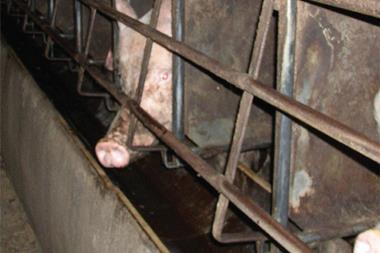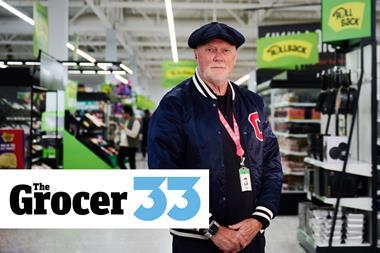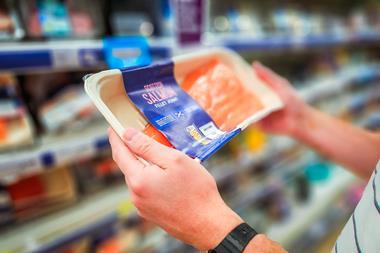Bacon lovers should brace themselves for price rises next year when the EU-wide ban on sow stalls comes into force.
Pigmeat supplies would fall by 5% to 10% following the ban’s introduction in January as producers unable or unwilling to comply left the industry, predicted Bpex in a report presented to the EC this week.
As the EU produced about 20 million tonnes of pigmeat a year, even a 5% drop could have “very sizeable effects”, warned Bpex deputy CEO Mick Sloyan.
“We are forecasting [wholesale] price rises of at least 10% year-on-year, which could rise to 20% if production is reduced aggressively.”
If pigmeat production drops and prices rise, bacon would be affected first, Sloyan added.
The UK has been compliant with the sow stall ban since 1999, but it is only 40% self-sufficient in pigmeat and has to import from other EU countries. Switching to a ‘UK pork only’ policy is therefore not a viable option for retailers and manufacturers.
“But they can send important signals to UK producers as to how much UK pork they intend to buy, and they have to act now to secure their supplies in and outside the UK to ensure they have only legally produced products on their shelves from 1 January,” said Sloyan.
He added the EU-wide ban on battery cages, which came into force at the beginning of the year, had already shown the EC was taking a tough line on enforcement and impressed on all parts of the supply chain the need to plan ahead.
Bpex expects less than half of all member states to be compliant with the sow stall ban by the 1 January deadline, but Sloyan said price spikes and supply shortages were not likely to be as extreme in the pork market as they had been in eggs.



















No comments yet